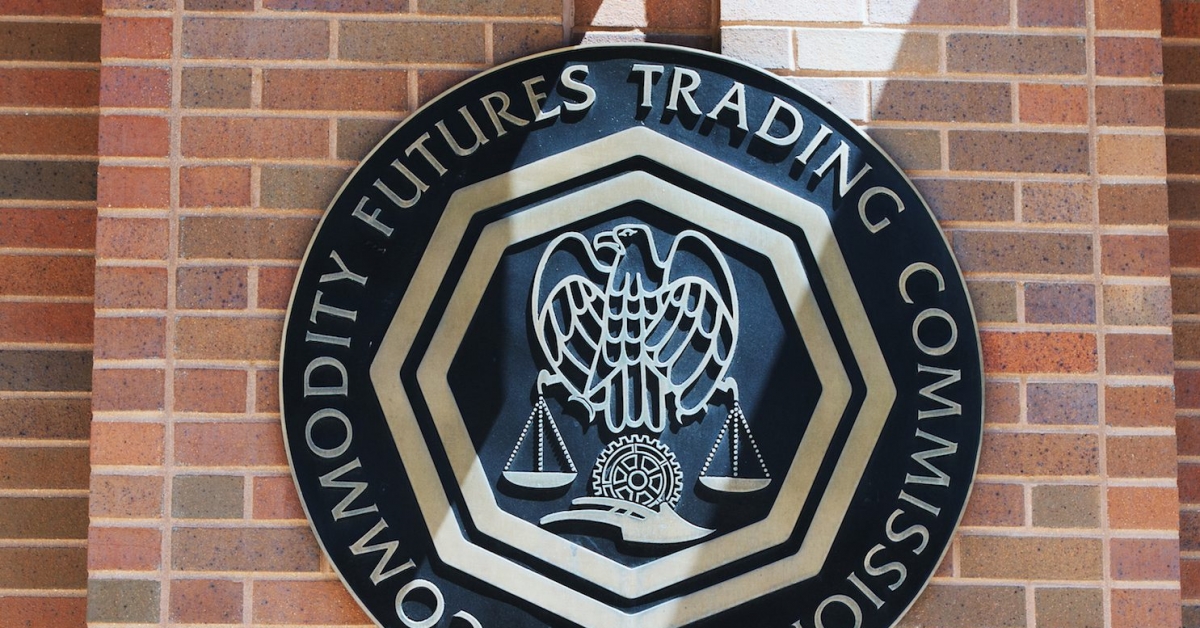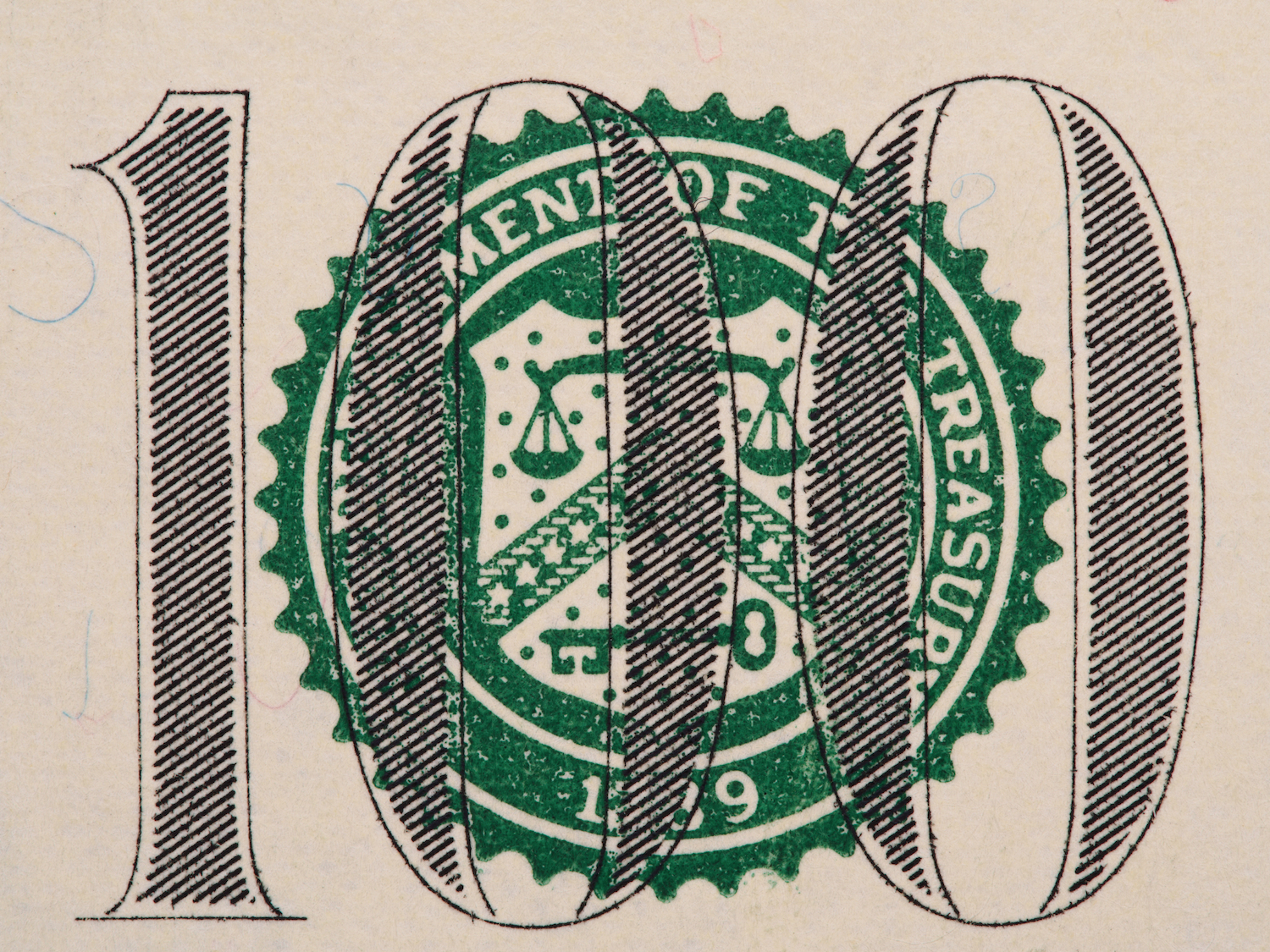Bitcoin Could Surge Thanks to Looser Financial Conditions
-
The Chicago Fed’s NFCI fell to -0.56, the loosest financial conditions since bitcoin’s 2021 cycle high.
-
Financial conditions and bitcoin show a negative correlation suggesting the crypto thrives in risk-on environments.
-
Bitcoin has more than doubled in the last 12 months as financial conditions ease, signaling potential for further gains.
The Chicago Fed’s National Financial Conditions Index (NFCI) offers a weekly update on U.S. financial conditions across money markets, debt and equity markets, and the traditional and shadow banking systems. The NFCI is a valuable tool for assessing the health of financial markets, providing insights into liquidity, credit availability, and market risk. The index is structured so that a negative NFCI value indicates looser-than-average financial conditions, suggesting an environment where liquidity is more readily available. Conversely, a positive value indicates tighter-than-average conditions, where access to capital becomes more restrictive.
For the week ending Sept. 13, the NFCI registered at -0.56, indicating that financial conditions eased even further from the already looser than average level of the previous week. This level of financial ease hasn’t been seen since November 2021, a period during which bitcoin (BTC) reached its 2021 cycle high of $69,000.
:format(jpg)/cloudfront-us-east-1.images.arcpublishing.com/coindesk/X4JGRDVRZBBUVNSJYIVVWLNIMA.png)
A noteworthy analysis on the relationship between the NFCI and bitcoin was recently shared by Fejau, host of the Forward Guidance Podcast. In an X thread, Fejau pointed out the negative correlation between the NFCI and bitcoin, arguing that looser financial conditions often act as a tailwind for risky assets. According to Fejau, when financial conditions loosen, easing increases, leading to a risk-on environment where speculative assets, including bitcoin, tend to rally.
Fejau’s analysis traces this negative correlation across several market cycles. In 2013, as financial conditions eased, bitcoin surged from around $100 in July to over $1,000 by November. This coincided with the NFCI index registering a low of around -0.80, indicating significantly looser than average financial conditions.
:format(jpg)/cloudfront-us-east-1.images.arcpublishing.com/coindesk/342VEINJ2RBY7JEG5A5YJ2KIPA.jpeg)
Similarly, in 2017-2018, the loosening of financial conditions coincided with bitcoin’s dramatic rise from $2,000 to $20,000 in just six months at the end of 2017. However, during the COVID-19 pandemic, financial conditions tightened significantly—the most restrictive since 2009—leading to a crash in both traditional risk assets and bitcoin.
:format(jpg)/cloudfront-us-east-1.images.arcpublishing.com/coindesk/FBAAAFIG6VD5HOFQTE632SW25A.jpeg)
Most recently, Fejau notes that as financial conditions have loosened over the past twelve months, bitcoin has once again surged, climbing from $25,000 to over $73,000 in March 2024 even before global central banks started to cut interest rates. Which shows financial conditions have been loose for the past twelve months.
This relationship is not entirely straightforward, with other factors like the DXY index (a measure of the U.S. dollar’s strength) also influencing bitcoin’s trajectory. A rising DXY tends to have negative implications for bitcoin, as a stronger dollar makes speculative assets less attractive.
:format(jpg)/cloudfront-us-east-1.images.arcpublishing.com/coindesk/RDO2AS5UV5HJRP42ABQBCZLPWI.png)
As financial conditions continue to ease, the outlook for bitcoin and other speculative investments could remain positive, provided other economic factors remain supportive.
Edited by Stephen Alpher.
Disclosure
Please note that our
privacy policy,
terms of use,
cookies,
and
do not sell my personal information
has been updated
.
CoinDesk is an
award-winning
media outlet that covers the cryptocurrency industry. Its journalists abide by a
strict set of editorial policies.
In November 2023
, CoinDesk was acquired
by the Bullish group, owner of
Bullish,
a regulated, digital assets exchange. The Bullish group is majority-owned by
Block.one; both companies have
interests
in a variety of blockchain and digital asset businesses and significant holdings of digital assets, including bitcoin.
CoinDesk operates as an independent subsidiary with an editorial committee to protect journalistic independence. CoinDesk employees, including journalists, may receive options in the Bullish group as part of their compensation.
:format(jpg)/author-service-images-prod-us-east-1.publishing.aws.arc.pub/coindesk/7fe88428-ae49-4453-ab19-5cfbf125689b.png)









